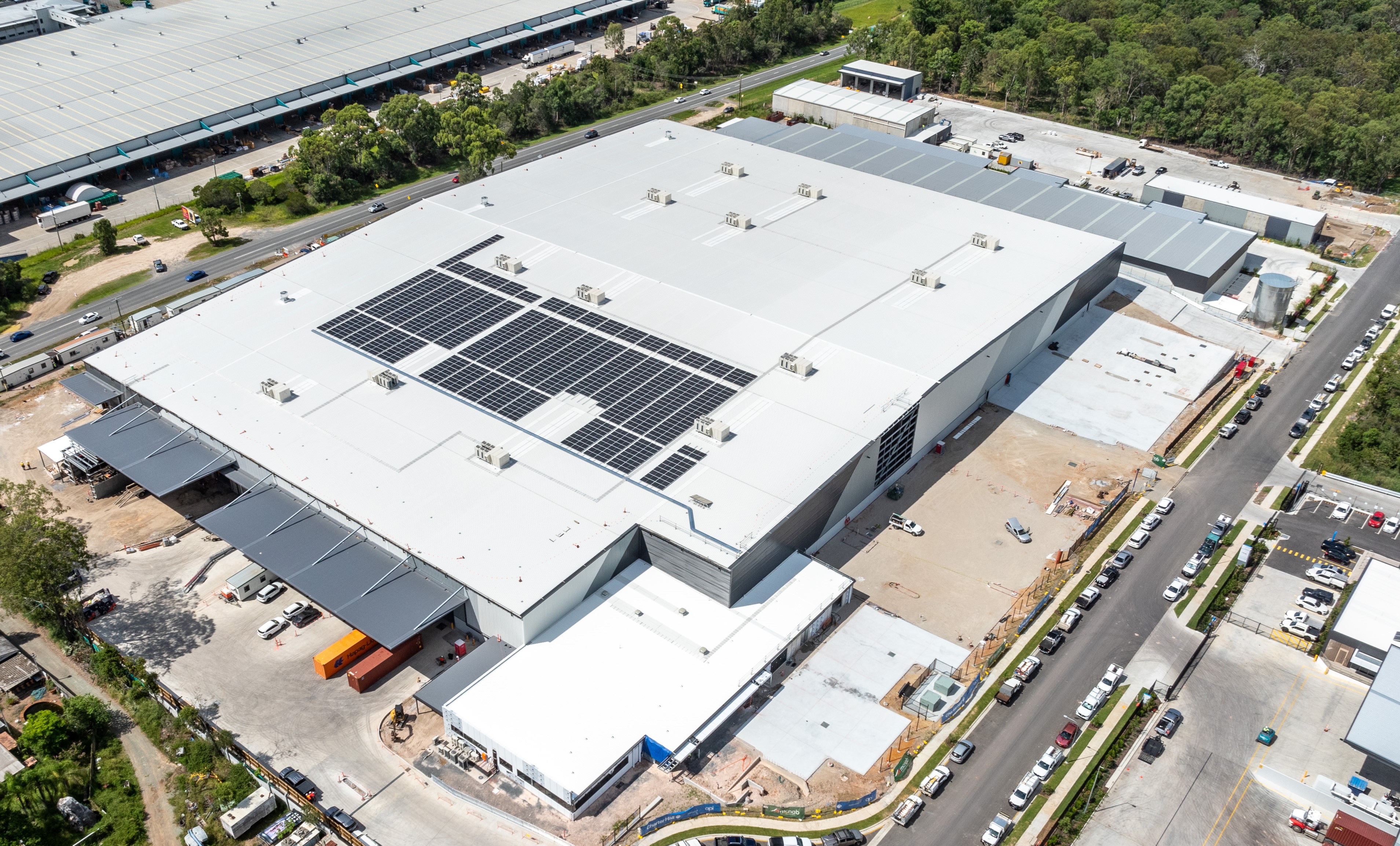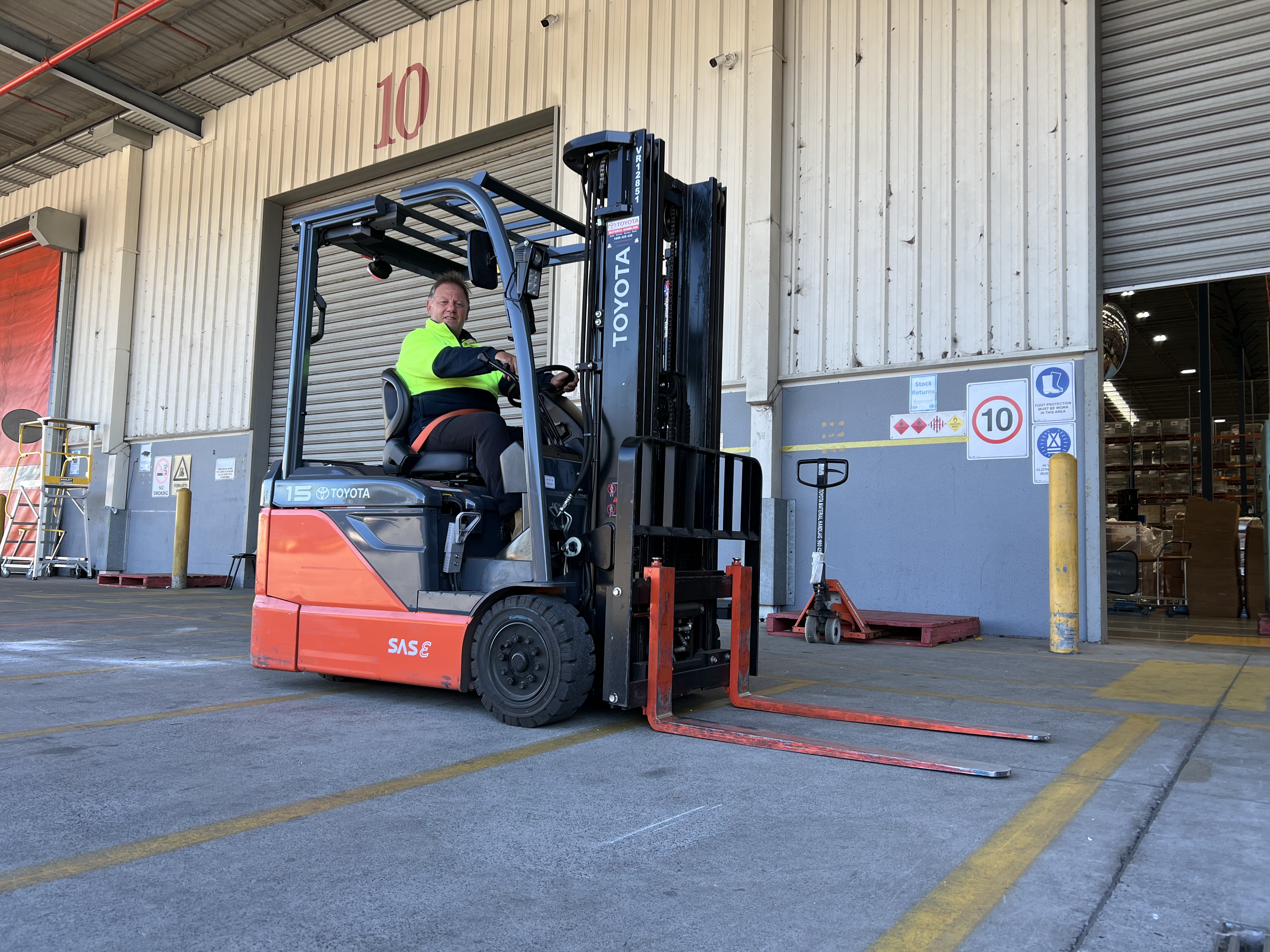
Wesfarmers Health - Climate resilience

Wesfarmers Health aspires to manage its businesses in a carbon aware manner and recognises that climate change has many, varied impacts on businesses, supply chains, operations, team members, and the environment.
It acknowledges it has a role to play in accelerating the decarbonisation of its supply chains and adopting strategies to prepare for the physical impacts of climate change.
By effectively managing climate-related exposure and investing in opportunities aligned with the transition to a low-emissions economy, Wesfarmers Health aims to build its climate resilience and deliver long-term value for the business.
Scope 1 and Scope 2 emissions
Last year, Wesfarmers Health reported actual Scope 1 and Scope 2 emissions for the first time. Scope 1 and Scope 2 market-based emissions for the 2024 financial year were 10.9 kilotonnes of CO2e, (market-based) compared to 11.6 kilotonnes of CO2e (market-based) the previous financial year. While the reduction was primarily due to the closure of retail stores, Wesfarmers Health have also continued to undertake the following projects to support our emissions reduction during the year:
- installation of a 1.0 megawatt rooftop solar photovoltaic (PV) panel array for the Sydney Fulfilment Centre (NSW) commencing in June 2024;
- installation of a 0.5 megawatt rooftop solar PV panel array for the new Brisbane Fulfilment Centre in Berrinba (QLD) scheduled to open during the 2025 financial year;
- an aspiration commencing in the 2024 financial year to only consider energy efficient LED lighting for new store refurbishments;
- commitment to purchase hybrid vehicles to replace a small number of internal combustion engine fleet vehicles scheduled to be progressively replaced from the start of the 2025 financial year; and
- completion of a cross-functional Climate Scenario Risk and Opportunities Assessment.
Wesfarmers Health has not purchased any carbon offsets or entered into any renewable electricity power purchase agreements.
Scope 3 emissions
Scope 3 emissions relate to the production, transport, use and disposal of products and waste generated across Wesfarmers Health operations and value chains. In the 2023 financial year, Wesfarmers Health commenced work to understand and report its Scope 3 inventory for the first time.
Calculating Scope 3 emissions is complex, therefore the business has taken additional steps this year to further understand its Scope 3 emissions through deeper engagement with suppliers and refining its calculation methodology.
Scope 3 emissions for the 2024 financial year were 2.0 megatonnes of CO2e, compared to 2.1 megatonnes of CO2e the previous financial year. The reduction was primarily due to a change in emissions factors that more accurately represent the nature of Wesfarmers Health’s operations.
Collaboration
Wesfarmers Health participates and contributes to the quarterly Wesfarmers Carbon and Energy Forums, along with the other Wesfarmers divisions. This allows Wesfarmers Health to share learnings and identify and leverage best practice across the Wesfarmers Group.
Net zero emissions aspirations
During the 2024 financial year, Wesfarmers Health adopted a Net Zero Scope 1 and Scope 2 target for its operations.
The following targets will take effect from financial year 2025:
- Long-term target: Net Zero (Scope 1 and Scope 2 market-based emissions) by 2035; and
- Near-term target: 100 per cent renewable electricity for new fulfilment and distribution centres.
A near-term target tethered to the delivery of new fulfilment and distribution centres represents a practical, pragmatic and measurable way to align Wesfarmers Healths’ climate aspirations with its business plans.
